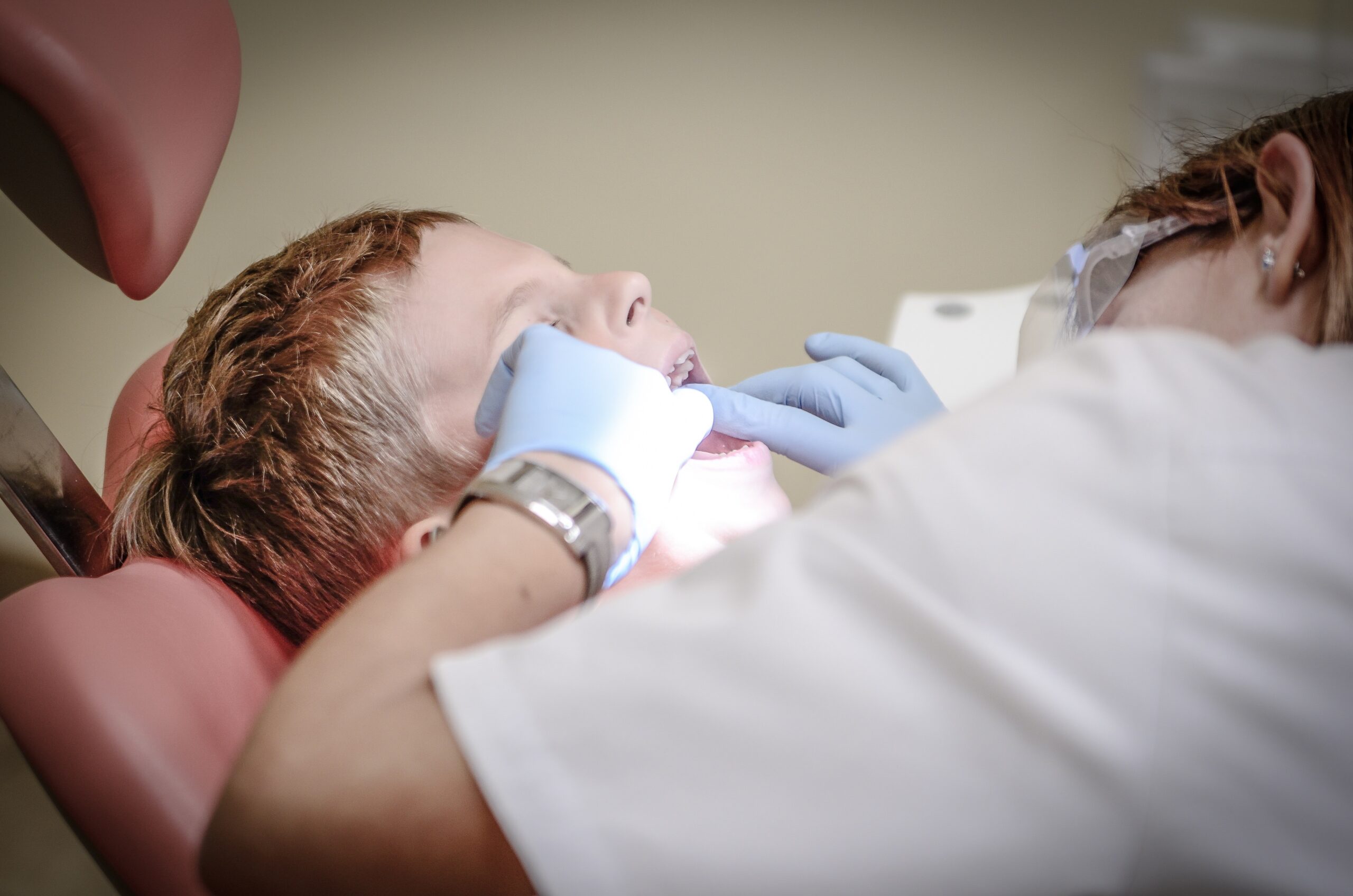Cavities and general tooth decay eat away at the teeth’s protective barrier. The symptoms of tooth decay start with the thin film of sticky bacteria called plaque that constantly collects on your teeth. Bacteria can be sneaky. Even if you’ve done your best, the bacteria release acids that break down your enamel, potentially leading to more serious symptoms of tooth decay.
The problem is, you can’t always see tooth decay. (Remember—bacteria are sneaky.) You may not know it’s there until you start to experience uncomfortable symptoms. Here’s a rundown on common symptoms of tooth decay.
1. Unexplained tooth pain
Those sneaky bacteria can get under the gumline or into the deep crevices of your teeth where you can’t see them. A toothache that comes and goes (or mostly comes) without any obvious reason or explanation could indicate a growing problem.
2. Mild to severe pain when drinking or eating sweet, cold, or hot foods
A cavity breaks down the enamel and exposes sensitive nerves. Extreme temperatures and sweet foods gaining access to those nerves are definitely wince-worthy. Pay attention to when and where you feel the pain so you can accurately describe it to your dentist.
3. Tooth sensitivity
Sensitivity is a little different from pain. Yes, sensitive teeth can be painful, but if you only have a single tooth that’s become extra sensitive, a cavity or gum disease could be lurking out of sight.
4. Pits or holes in the teeth
If your pearly whites look less like teeth and more like swiss cheese, you could have a problem on your hands. Decay can look like tiny pits or holes in your teeth. Those holes can grow and house more bacteria or create channels that lead to the nerves.
5. Tooth discoloration
Yellow, gray, or black spots can be a sign of decay. Gray and black are telltale signs of a growing cavity and may include pain or sensitivity. A yellowing tooth usually indicates plaque buildup, which means the tooth is at growing risk for decay.
6. Pain when biting
Tooth decay can wear away the tooth’s protective layers and lead to the bleeding gums of gum disease. You might not notice until you try to bite down. Suddenly, you’ll feel shooting pains in your gums or in the root of your teeth.
7. Frequent bad breath
If there’s enough plaque, you may notice unpleasant odors that you can’t seem to get rid of. Gum disease, which often accompanies tooth decay, can also contribute to bad breath.
8. Persistent unpleasant taste in the mouth
An unpleasant taste may go along with bad breath, and the cause of each is the same—plaque (aka bacteria).
Preventing the Symptoms of Tooth Decay
Consistent, effective brushing and flossing are the best way to prevent the symptoms of tooth decay. Brush twice a day using a soft-bristled manual or electric toothbrush. Either type of toothbrush can do a good job. It’s more about the time spent brushing than the type of toothbrush. It takes about two minutes to remove plaque from the teeth. Electric toothbrushes often have a built-in timer to make sure you brush long enough. Brush all of the teeth front and back.
Floss your teeth once a day. Manual flossing works best, but a pick flosser or water flosser can be helpful. Your dentist may recommend a particular flosser or brand of floss to address any special dental issues.
Eat a healthy diet, and limit the sticky, sugary foods that feed bacteria. Finally, get regular dental care. Most people need their teeth cleaned twice a year, though your dentist may recommend more or less based on your dental health. Preventative care can save you thousands of dollars of dental care down the road.
Good Samaritan Dental Institute Offers Solutions
Tooth decay can make you embarrassed to smile and lead to long-term health problems. We offer solutions to restore smiles and dental health. If your decay has led to tooth loss or other dental complications, dental implants may be the answer. Contact Good Samaritan Dental Institute at 561-833-6880 to schedule a free consultation.

